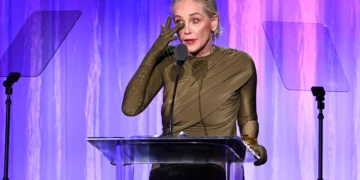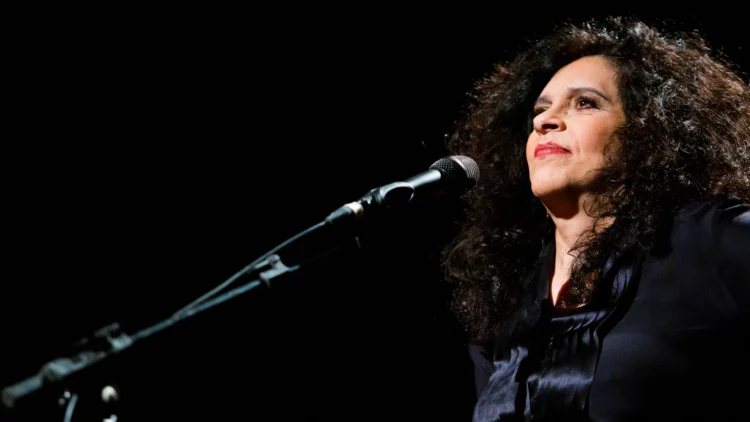Gal Costa, a prominent member of the Tropicália movement in the late 1960s and a Brazilian singer, passed away on Wednesday. The news was announced on Costa’s official social media platforms; no cause of death was disclosed. She was 77.
Graça Costa, Maria da Gal Costa, also known as Penna Burgos, was born in Bahia, a state in northern Brazil that was also the birthplace of notable singers Gilberto Gil, Caetano Veloso, Maria Bethânia, and Tom Zé. Together, this daring band of musicians combined ancient rhythms with the erupting (and rebellious) sounds of psychedelic rock in the 1960s when they relocated to So Paulo.
Launch of Costa and Veloso in 1967 The airiness in Domingo’s voice represents the gentle affectation of the time. She was raised on bossa nova, which at the time was enjoying both critical and financial success both inside and outside of her own nation. But by 1968, she had a prominent singing role on the joint album Tropicália: ou Panis et Circencis, which served as both an introduction to the musicians and a manifesto for challenging the status quo in politics and popular culture. On “Baby,” a sweeping tune that would become her signature, Costa’s lovely coo is still there, but amid those sumptuous string arrangements, her voice also evolved into a keen instrument that could cut through the beauty.
According to Costa, who claimed to have received “no professional training at all,” she was self-taught. I don’t read music and I didn’t learn music; I sing intuitively.
Although she never forgot her bossa nova beginnings, Costa’s self-actualization as a vocalist was essential to a string of albums that were released quickly after one another: Gal in 1969, Veloso’s self-titled LP from 1968, and then Costa’s own self-titled record from 1969. Particularly on the final of these three albums, Costa created a zany concoction of Brazilian pop music, psychedelic rock, and avant-garde, using her voice less as the glue and more as the liquid gold gliding over the jagged arrangements and unorthodox structures of Veloso and Gil.
Costa visited Veloso and Gil and continued to play their music when they were banished to London in late 1968 by the Brazilian dictatorship that was in control because they were deemed too radical. Costa, however, stayed in Brazil.
In the decades that followed, Costa would put out a number of albums and go on tour all over the world. Her previous partners were constantly on her thoughts and in the studio; most notably, Recanto from 2011 is a reinvigorated collaboration with Veloso. Nenhuma Dor, a collection of duets by Costa that included Rodrigo Amarante, Seu Jorge, Jorge Drexler, and Caetano’s son Zeca Veloso, was only published last year. She kept on performing, but she had to cancel a set at the Primavera Sound Festival in So Paulo after having surgery in September to remove a nodule from her right nasal cavity.
Gilberto Gil said in a video that “the gentle voice [and] the encanto do canto, which were always her characteristic, are departing with her.” The misery and despair are all that are left for us.

































